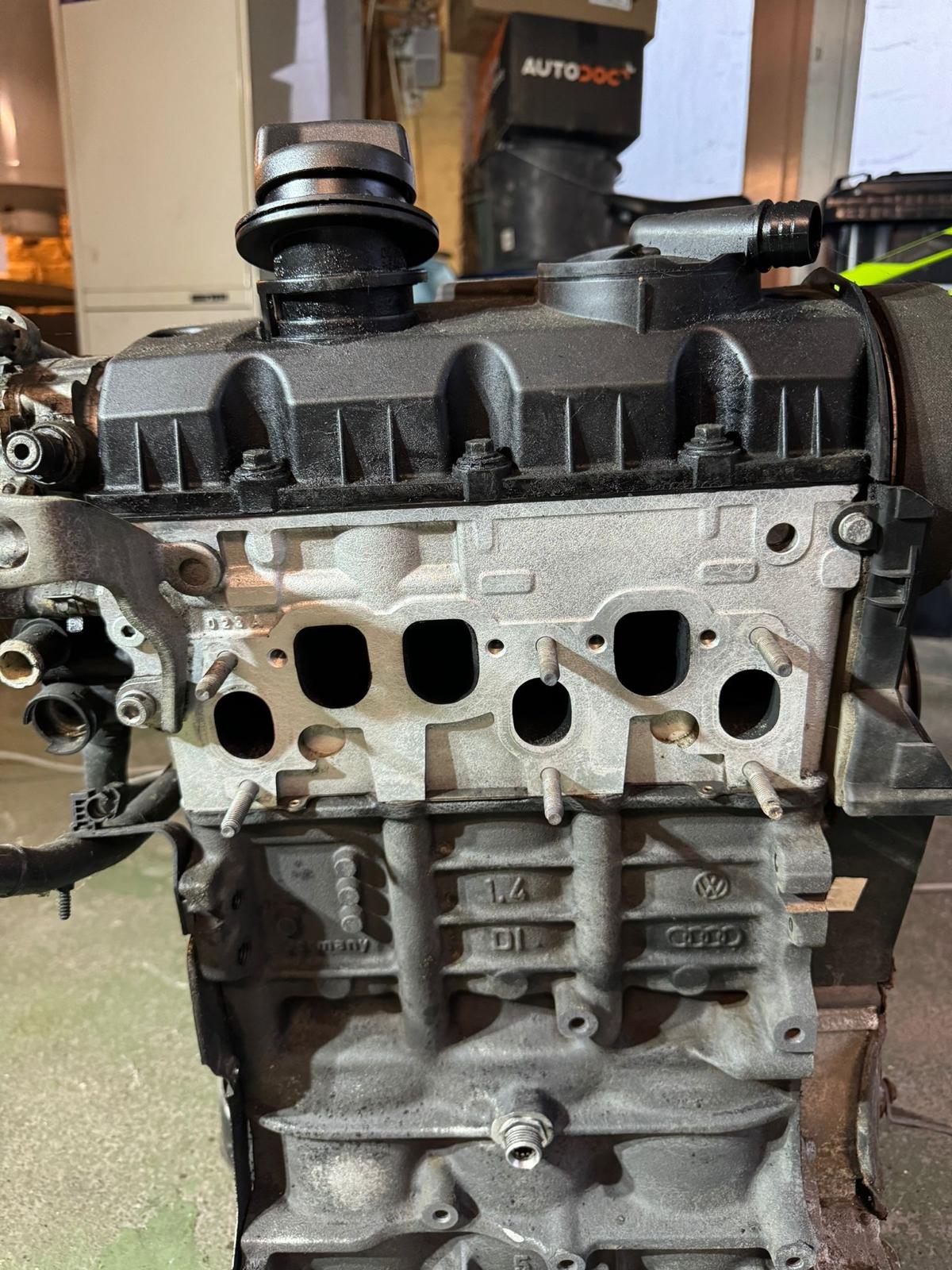Laser cleaning of molds, mechanical parts and industrial equipment
In industrial environments, intensive production constraints generate persistent deposits on molds, mechanical parts, manufacturing tools, and machinery: industrial greases, oils, metal oxides, burnt rubber residue, paint, mill scale, and other polluting particles. This contamination impairs component precision, deteriorates the quality of finished products, increases the risk of failure, and reduces the overall performance of facilities.
Laser cleaning is a modern, efficient, and non-abrasive alternative to traditional methods (brushing, sandblasting, chemical baths, etc.). Thanks to an ultra-concentrated light beam, it precisely targets layers of contamination without altering the surface or affecting the mechanical properties of the treated parts.
Contactless, chemical-free, and generating very little waste, this technology integrates perfectly into a preventive or corrective maintenance approach, offering considerable benefits in terms of cleanliness, safety, and speed of intervention.
Laser technology excels at treating complex or technical surfaces: cavities, grooves, micro-details, threaded areas, angles, machined surfaces, etc. It can be used on many materials such as steel, stainless steel, aluminum, technical alloys, and certain metal composites.
Cleaning is localized, reproducible, and controlled: a crucial advantage in demanding sectors such as automotive, aerospace, food processing, precision tooling, and pharmaceuticals.
It should be noted, however, that depending on the nature of the residue and the sensitivity of the materials, a preliminary technical assessment is essential. This allows us to determine the appropriate processing parameters to ensure optimal results while respecting the dimensional and functional tolerances of the parts.
As each industrial environment is unique, we offer a consultation to analyze your constraints and objectives and support you with a customized, effective solution tailored to your production requirements.
